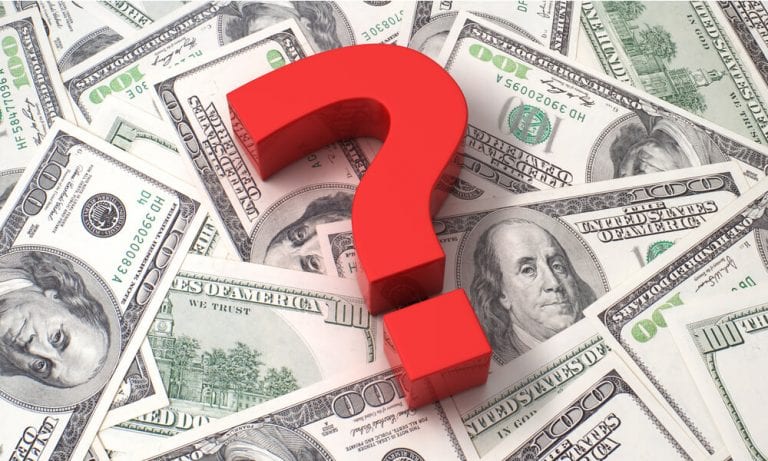Save For A Down Payment Or Pay Off Debt?
Home » Military Money » Military Life »
My grandmother, Big Mama, was a stickler for order.
From Big Mama I learned to look at a financial situation and come up with a plan. I try to pass on that wisdom to readers, particularly those who join me regularly for my live chats at www.washingtonpost.com. The following are questions from some of those readers looking for a plan:
Q: My husband and I currently are renting a condo but really want to purchase a house. We have about $11,000 in a consolidation loan (did a consolidation to stop using credit cards and it’s been great. The interest rate is lower than the credit cards’). We currently have $12,000 in savings. Would it make more sense to keep paying the loan (the minimum is $350 a month, but I usually pay $700 to $1,000) and save what we can, or take the money from savings and pay off the loan and then build that back up (this would eliminate all debt)?
A: This is what I would do:
- Calculate how much you need for an emergency fund of at least three months of living expenses (rent/mortgage, food, utilities, cable, cell, etc.). This will give you a benchmark of how much you need in this fund before you even think of buying a house.
- Designate about $1,000 to $2,000 for a “life happens fund” for expenses that come up such as car repairs, etc. You can immediately create it by taking the money out of the $12,000 you’ve saved and putting it into a separate account.
That leaves you with $10,000 of the money you’ve saved already. From that do the following:
- Set aside $5,000 as the beginning for your emergency fund.
Considering the current job market, best to have some cash saved up. But you can stop saving for this account when you reach the goal of at least three months of living expenses. - Take the remaining $5,000 and pay down the $11,000 on the consolidation loan. That will leave you owing $6,000. If you are paying upward of $1,000 a month on that loan, you could be done with it in six months.
Once you’ve set up the life happens fund, met your goal for the emergency fund and paid off the loan, you’re ready to start saving for the house.
Q: I currently have two credit cards, one with a balance of $1,700 and the other with a balance of $2,400. I have a personal loan of $2,800, a car payment of $312 a month with a $14,000 balance and a student loan of $15,000, which is now in deferment. I want to start the process of paying these bills off to purchase a house in a year.
Where do I start first? I make at about $1,200 biweekly after taxes. I currently have $3,600 in savings.
A: Let’s first total all the debt to get the big picture
- Credit card No. 1, $1,700
- Credit card No. 2, $2,400
- Personal loan, $2,800
- Car loan, $14,000
- Student loan, $15,000
That’s total debt of $35,900 and total savings of $3,600.
Please don’t see what I’m about to tell you as dashing your dreams of being a homeowner, but you should start by putting off the idea that you will be in the position to buy a home in one year. You have too much debt to deal with first.
If I were you I would:
- Work on increasing my emergency fund. You have $3,600 in savings. How long would that last if you lost your job? You should aim to have at least three months’ worth of living expenses. So your homework is to calculate how much it costs to run your household for a month (rent, car payment, food, utilities, etc.).
- Work on building up a life happens fund.
- Start aggressively paying off your debts in the order that I listed above, beginning with the debt with the lowest balance. Make the minimum payments on the other debts. When you pay off the debt first on the list, take that money and apply it to the next debt on the list and so on.
- Get your student loan out of deferment and make minimum payments as part of the debt reduction I just laid out. Go to www.ibrinfo.org to see if you are eligible for a plan to make the payments manageable.
Follow these steps and you’ll be putting yourself in the position to have a nice cash cushion, no debt and can start the process of buying a home.
By Michelle Singletary

